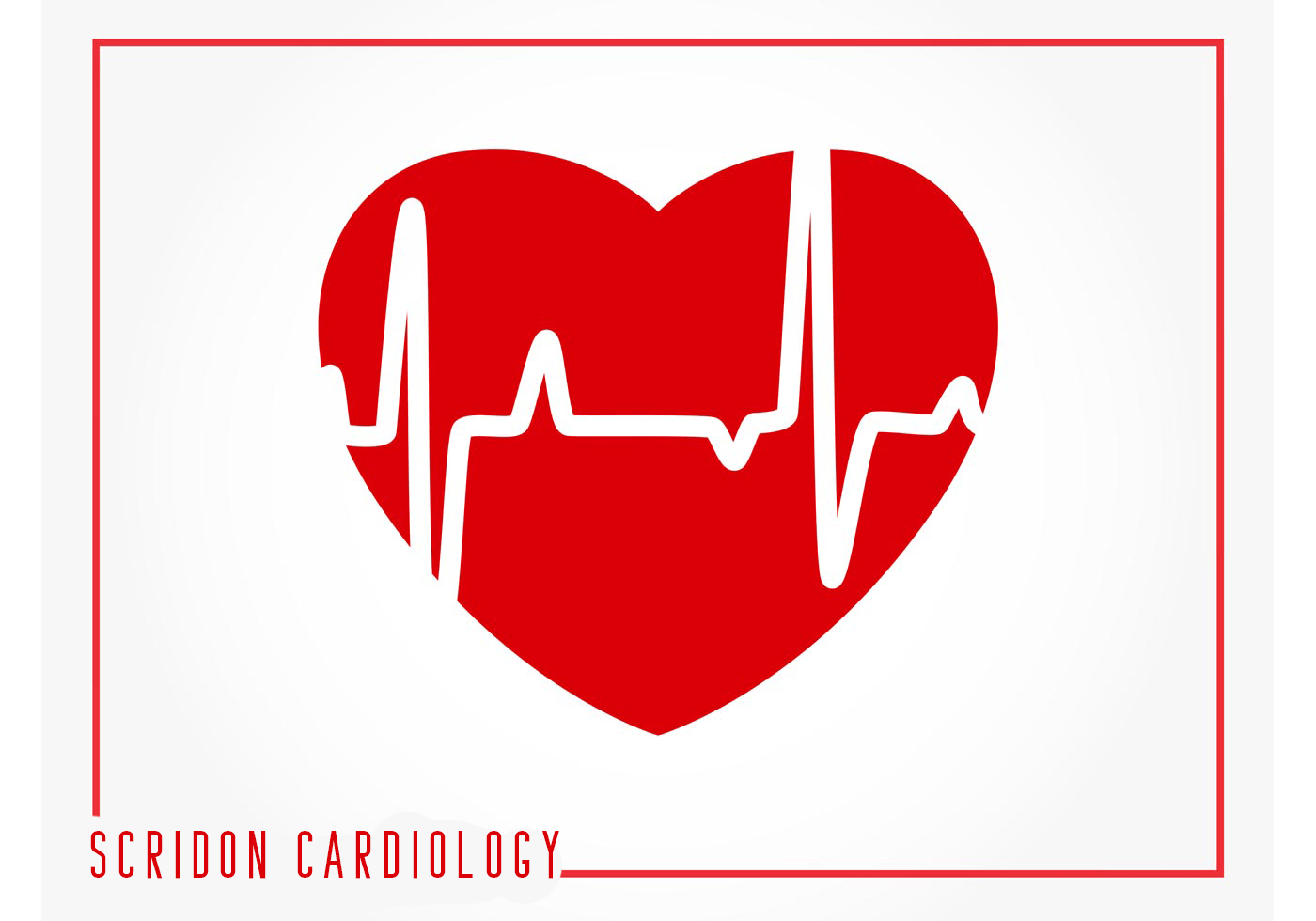OUR SERVICES
Cardiac Consultation & Evaluation
It gives your Cardiologist the opportunity to get to know you and assess your initial cardiovascular health. Since cardiovascular disease is the product of both genetics and lifestyle choices, please be prepared to share your past medical history, surgical history, family history, social history, and all medications with your cardiologist. Also please bring prior medical records at the first visit. Once a complete medical history is obtained and any current symptoms that you are experiencing are addressed, your cardiologist will make plans for any necessary next steps for further evaluation or treatment.
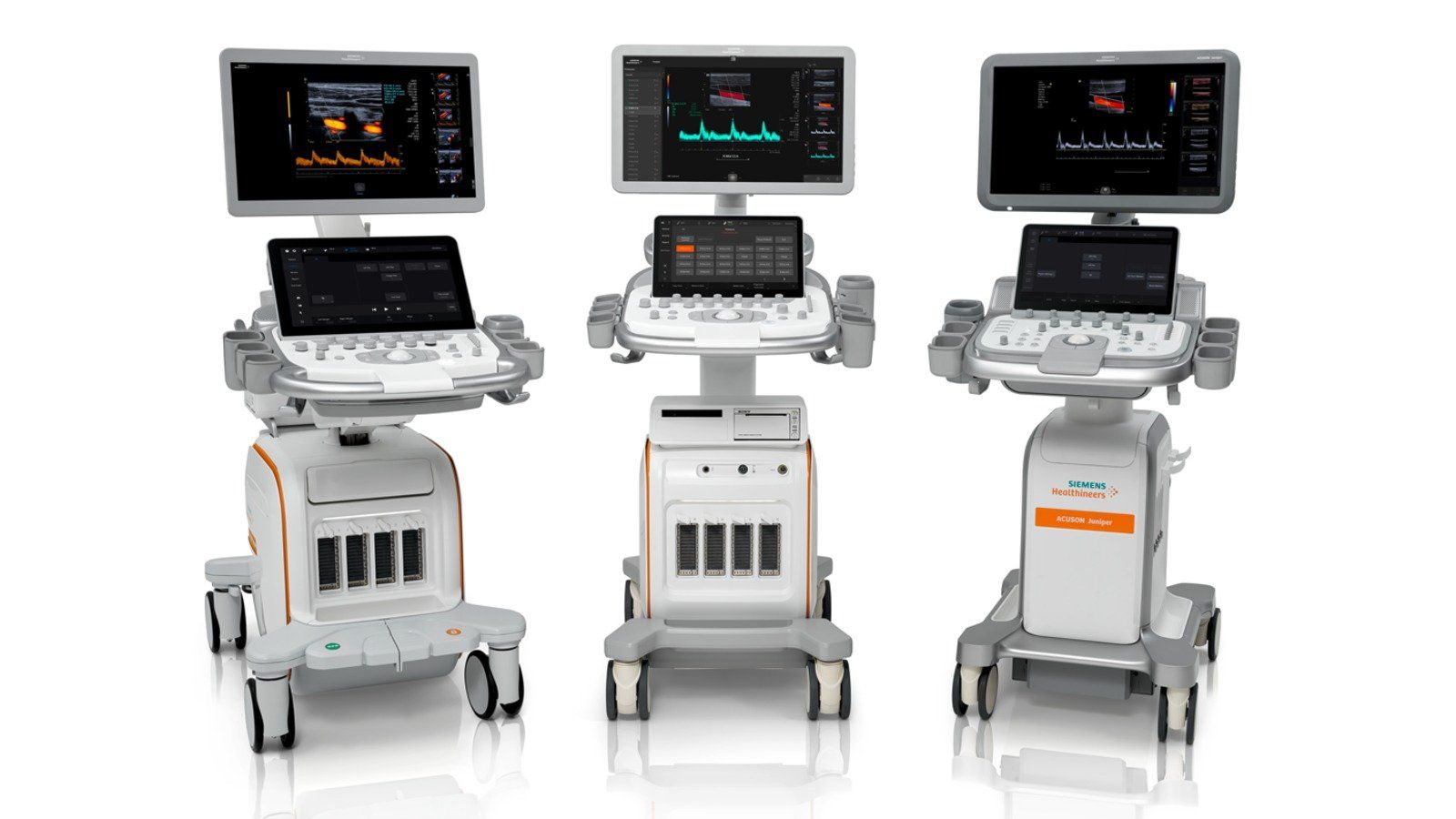
Echocardiogram (ECHO)
Assesses heart size, strength, valves, and function of the heart. Noninvasive test , done with an ultrasound machine.
Duration 30-45 min
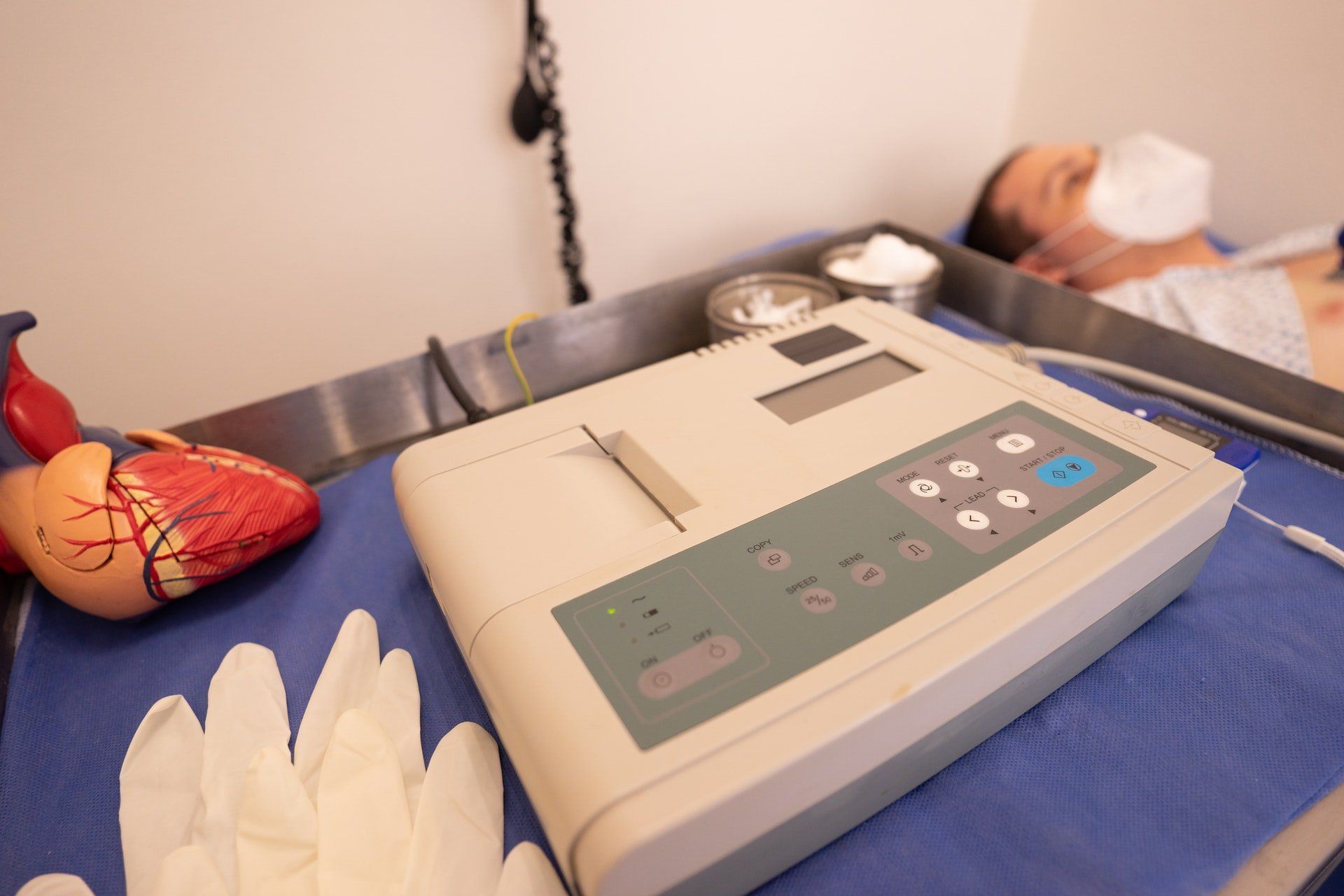
Electrocardiogram (EKG)
Records electrical activity of the heart on paper electrodes will be attached on the chest, arms and legs , in supine position.
Duration 5 minutes


Transesophageal echocardiogram (TEE)
Detects heart clots and provides a closer look at the valves. Done under moderate sedation at the hospital.
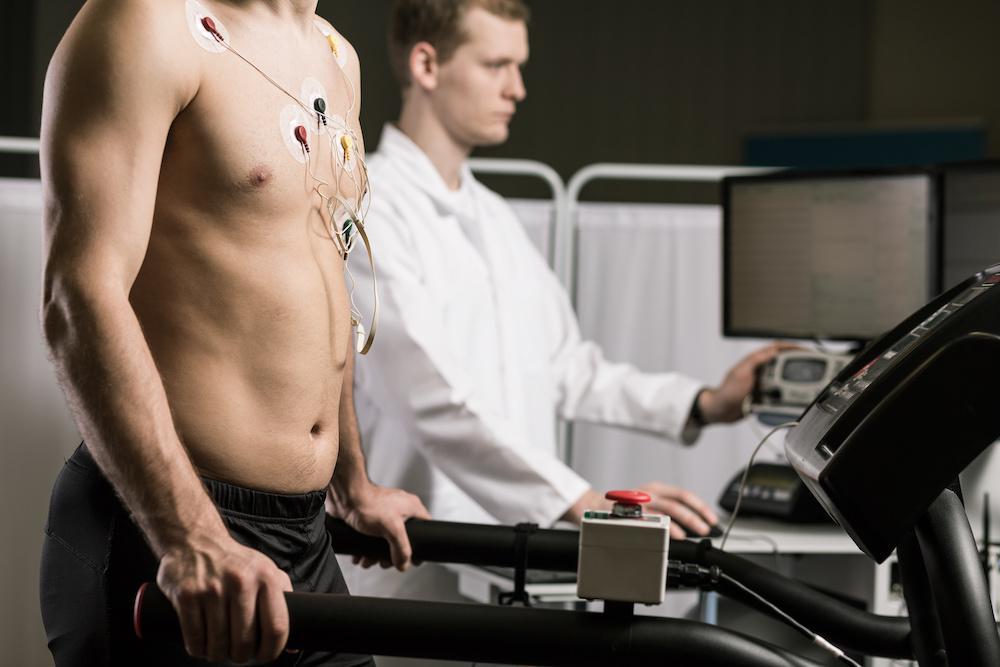
Treadmill stress test
Can suggest the presence of heart vessel blockages.
The patient will have electrodes placed on his/her chest to record an EKG throughout the duration of the exercise portion of the test. The patient will be asked to walk on the treadmill for a few minutes. During this time, the difficulty of the test may increase to further gage the heart’s response to stress. Medical staff will be interacting with the patient throughout the exercise portion in order to record any symptoms being experienced.

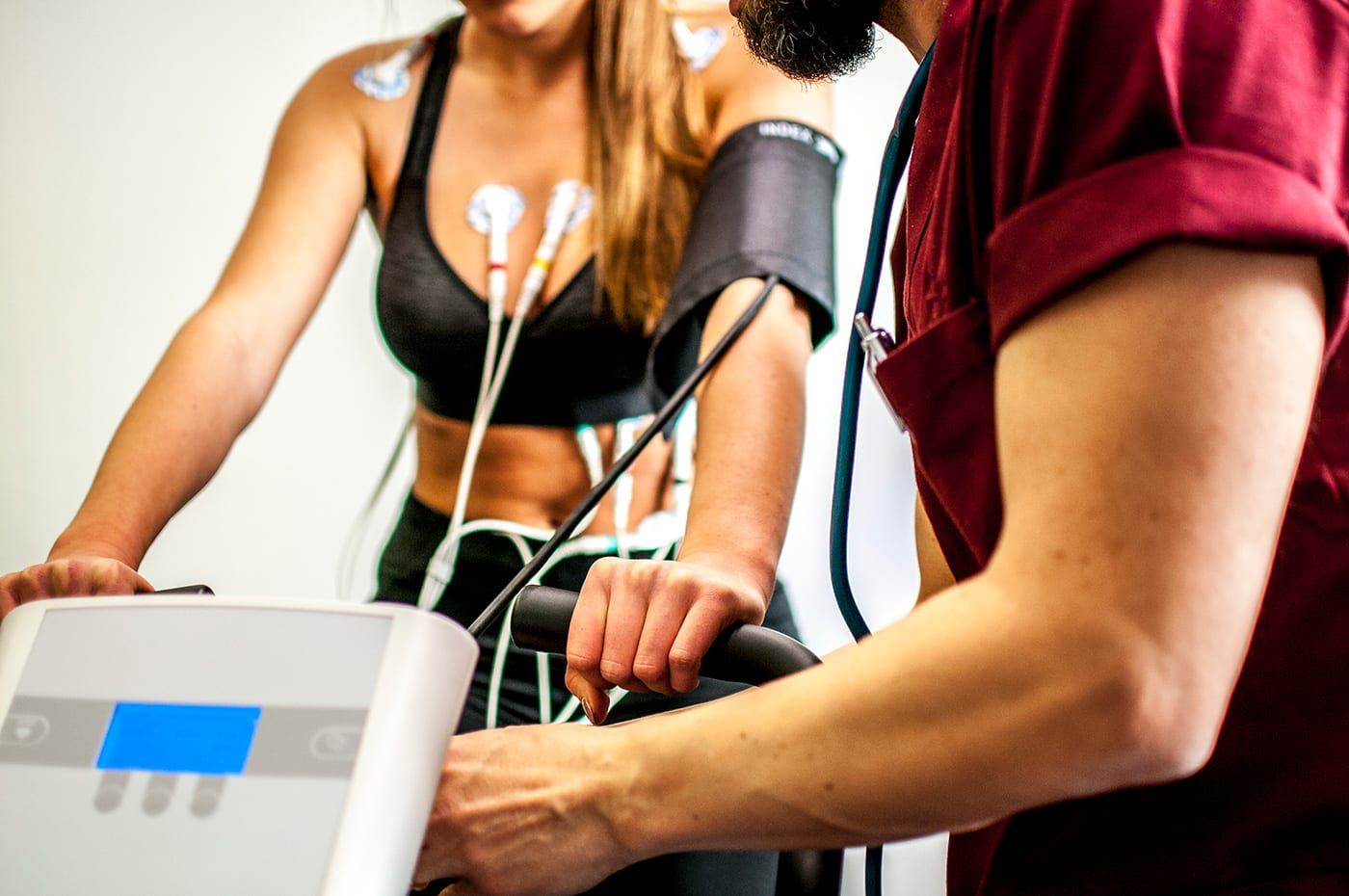
Nuclear Stress Testing
Provides images that can show areas of low blood flow through the heart and areas of damaged heart muscle.
Involves taking two sets of images of your heart — one set while you are at rest and another set after you're exercising on a treadmill. If you are unable to exercise, you will be injected with an intravenous medication that increases blood flow to your heart muscle - simulating exercise.
Initially, the patient is injected intravenously with a nuclear isotope and then placed under the nuclear camera where images at rest are taken. These images serve as the baseline functionality of the heart at rest. Then, the patient will have electrodes placed on his/ her chest to record an EKG throughout the duration of the exercise portion of the test. The patient will be asked to walk on the treadmill for a few minutes. During this time, the difficulty of the test may increase to further gage the heart’s response to stress. Medical staff will be interacting with the patient throughout the exercise portion in order to record any symptoms being experienced. During the treadmill exercise, the patient will be injected again with a dose of the nuclear isotope. Once the exercise portion is completed, patients will be allowed to leave and will be given a return time or 1 to 2 hours later. Upon return, patients will go under the nuclear camera to capture the final stress images post exercise. The entire test should last 3 hours.
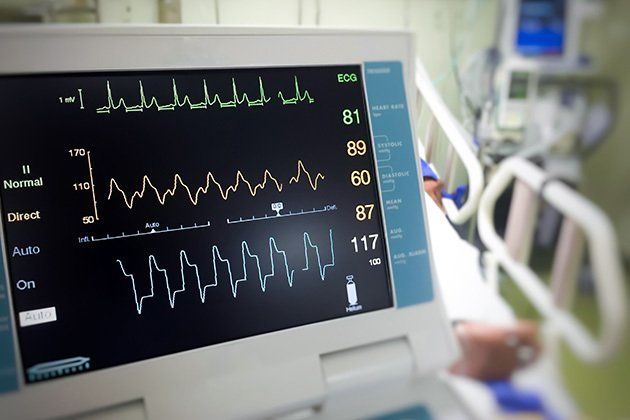
Cardiac Monitors
Recording device to track your heart's rhythm for 24 hours up to 2 weeks depending of the necessity

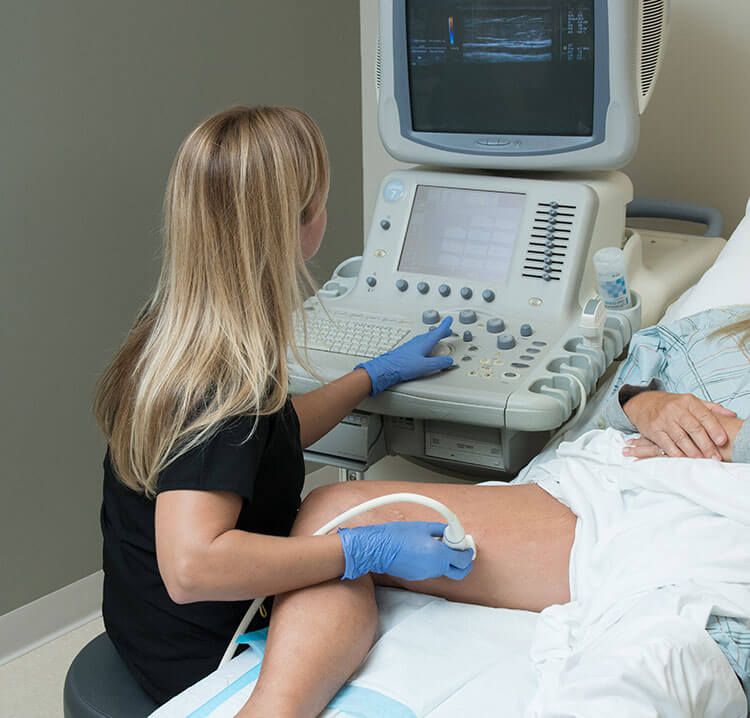
Vascular Ultrasound Studies
Assesses for blockages in the peripheral arteries (carotid, abdominal aorta, renal arteries).
You will be asked by the vascular technologist to lie face up on the examination table. A clear water-based gel will be applied to the area of the body being studied. The technologist will move the ultrasound probe over the gelled area to capture the images. The test is expected to last 20-30 min.
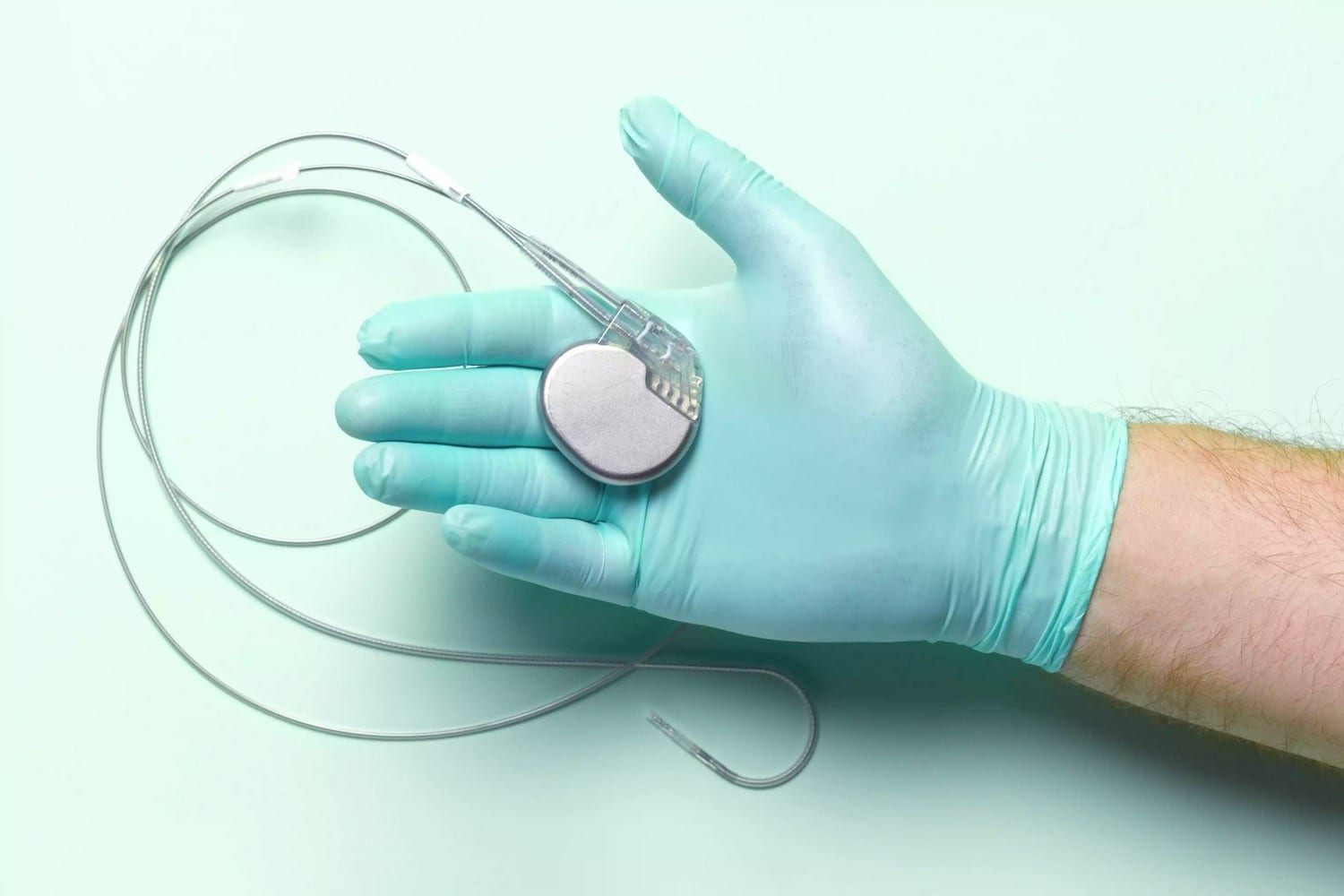
Pacemaker/Defibrillator Regular Check-up
What is a Pacemaker?
A pacemaker is a small device that is implanted in the upper chest to help control slow heart rates (bradycardia).
What is a Defibrillator?
An ICD is a small device that is implanted in the chest to control fast heart rates. It uses electrical pulses or shocks to help control life-threatening, irregular heartbeats, especially those that could cause sudden cardiac arrest. All ICDs have a built-in pacemaker.

All the services you need, all in one place.
We want to know your needs exactly so that we can provide the perfect solution. Let us know what you want and we’ll do our best to help.
Copyright © 2021-2024 scridoncardio.com. All Rights Reserved.
